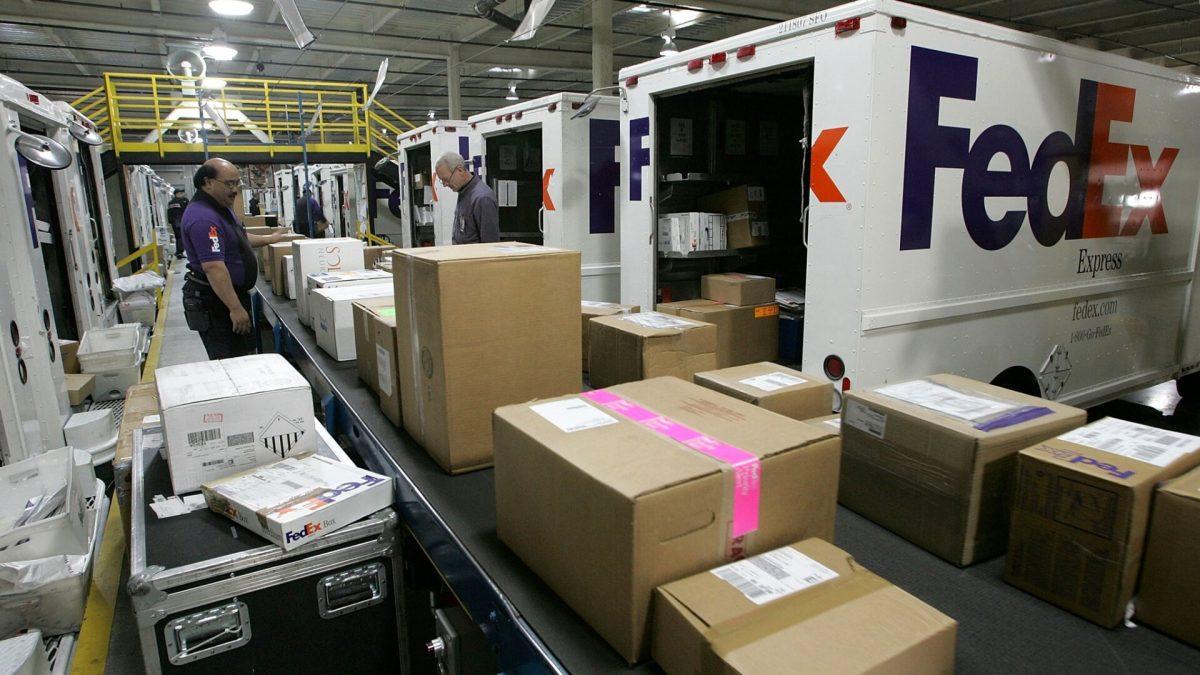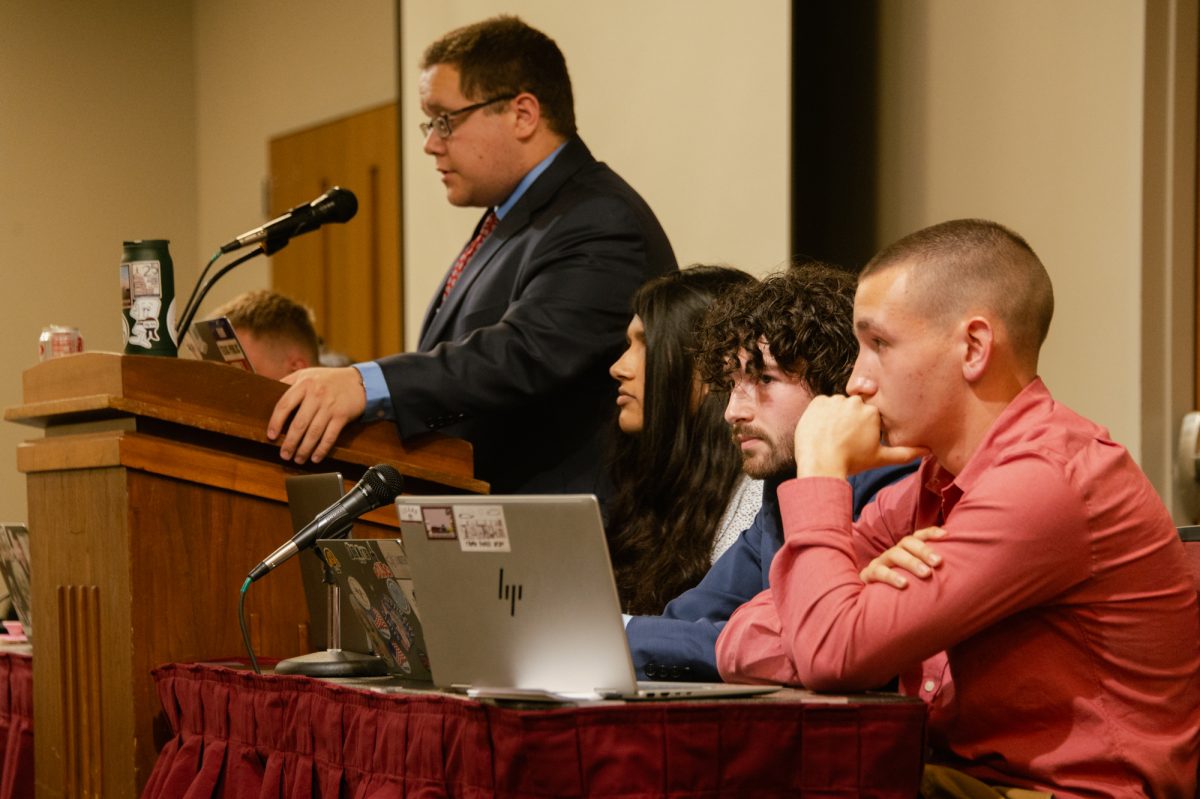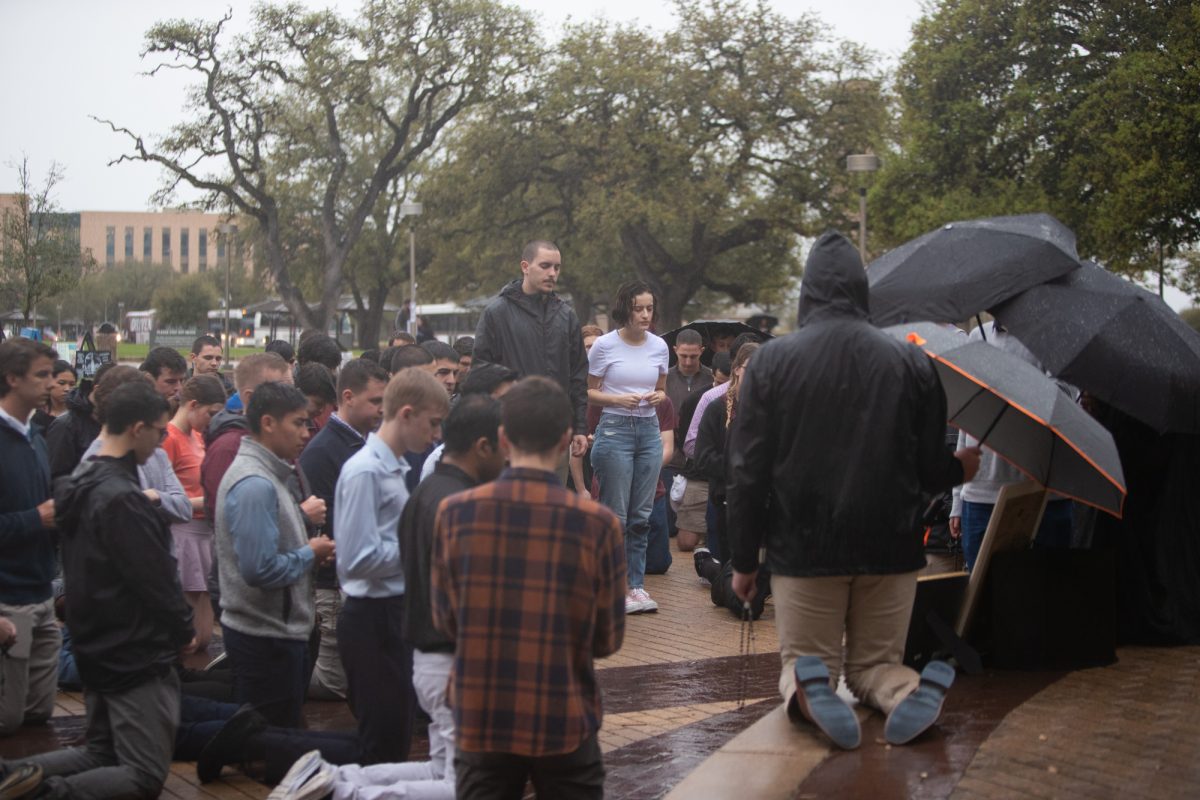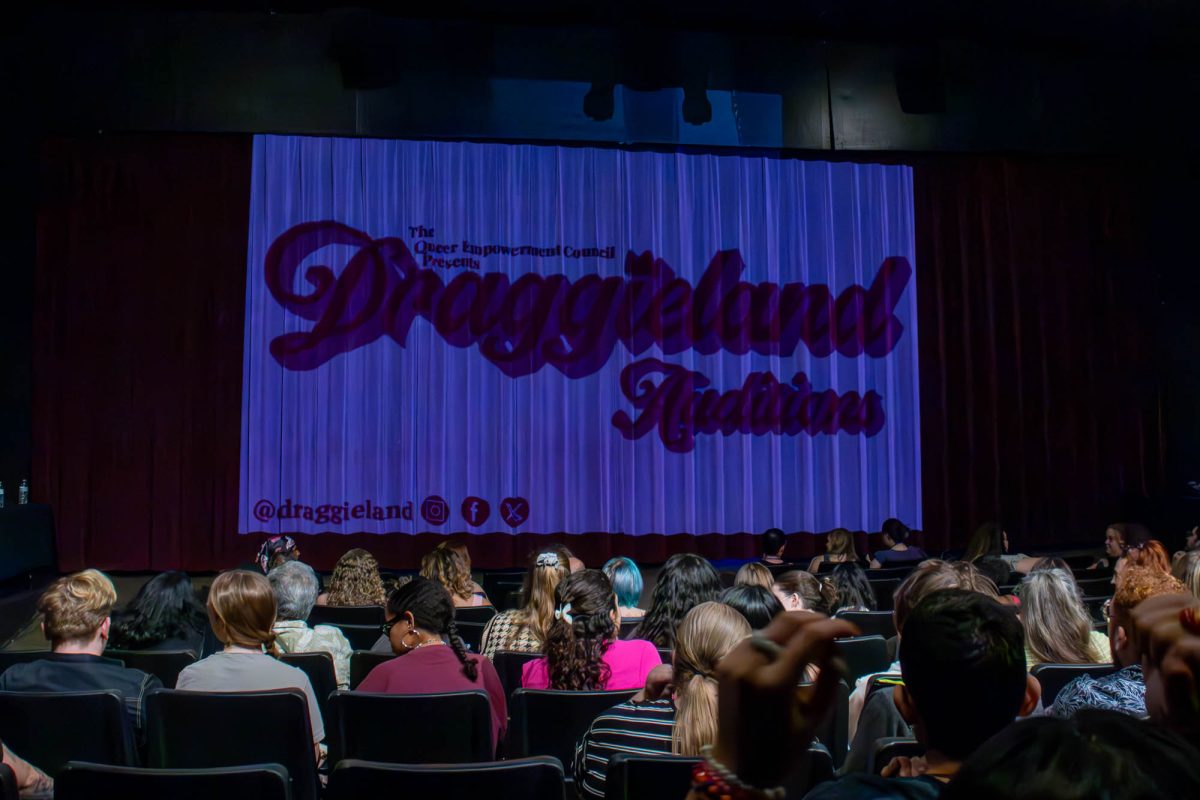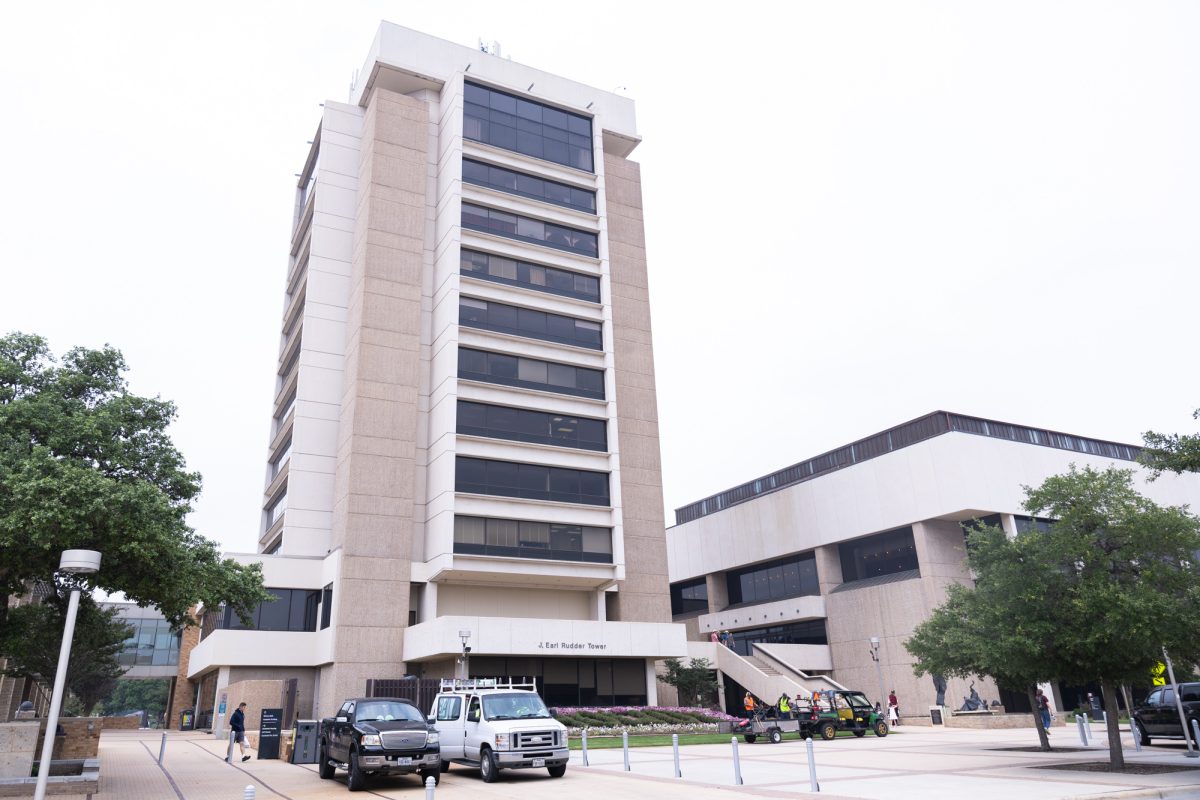The post-COVID-19 lockdown financial boom has affected every level of the economy, from higher wages for the working class to the seemingly ever-rising stock market. However, this increase has come at the price of an enormous strain on the global supply chain.
On Oct. 13, President Joe Biden announced the Port of Los Angeles would be joining the Port of Long Beach in committing to a 24/7 schedule to help relieve the backlog of containerships bringing commercial goods into the county.
Over a month later, many Americans continue to have concerns about rising food and gas prices, as well as worries if holiday gifts will arrive on time.
During a press briefing, Biden announced overland shipments would also increase.
“FedEx and UPS, two of our nation’s biggest freight movers, are committing today to significantly increase the amount of goods they are moving at night,” Biden said. “FedEx and UPS are the shippers for some of our nation’s largest stores, but they also ship for tens of thousands of small businesses all across America.”
Economics professor and director of the Private Enterprise Research Center Dennis Jansen, Ph.D., said transportation is just one of the many issues contributing to the current bottlenecks.
“Even apart from the shipping problems, there seems to be a chip shortage problem, especially those used in automobiles,” Jansen said. “New cars have gone up 11% or so in a year, which is pretty darn high, and on top of that … used car prices have gone up 25%.”
Many other goods like food are also following the same trend and may affect how some celebrate the upcoming holidays, Jansen said.
“I think overall meat prices are up over 11%, sort of like new cars, and certain meat products like beef [are] up 20% in price,” Jansen said. “Buying a turkey for Thanksgiving is going to cost you a fair amount more than a year ago.”
Jansen said rising prices across the board has also played into the rise of inflation.
“I think some of the blame resides with the large amount of spending that we did during the pandemic, and we continue to do,” Jansen said.
Jansen also said the Federal Reserve System was not expecting inflation to rise drastically.
“They, [the Federal Reserve], basically said they welcomed a small amount greater than 2% inflation, which was their target, and they welcomed it because of the fact that they were under their target for several years,” Jansen said. “They had no idea or intent to have 6% inflation.”
Owner of Shipwreck Grill, Amico Nave Restaurante, Third on Main Kitchen and Admiral Catering Wade Beckman said these turbulent times have made business difficult in Bryan-College Station.
“Previous to [COVID-19] if you placed an order with what I’d call a broad line distributor, like Cisco or U.S. Foods, you might have every week that they’d call you and say, ‘Hey, we’re short this week … it was gonna be here Wednesday but now it will be here Thursday, or we’re going to substitute this item,” Beckman said. “[Now] no phone call, no, ‘You’re going to be short’ and no substitutes.”
The rising food and supply cost for what is available has left restaurant owners with no other choice than to pass the price onto the consumer, Beckman said.
“We took a 12% across-the-board cost increase at each restaurant with the hopes that it would come back down,” Beckman said. “That has not even come close to covering the cost, so we will probably go to somewhere between a 15% to 18% increase officially on all our menus.”
The labor market has also contributed to higher prices, Beckman said.
“Our kitchen labor is up about 25%, so between those two any amount we go up … will not allow for any additional profit,” Beckman said.
Beckman also said he fears supply shortages have not yet reached their peak and only adds to the everyday problems that restaurant businesses face.
“Best case scenario we’re getting close to the spike,” Beckman said. “Normal people problems still exist, so what you have is the normal spikes with the spikes in transportation and labor shortages and [COVID-19].”
Beckman said he is hopeful that next year will be better for the supply chain and specifically for his restaurants.
“My guess off the cuff is maybe after the first of the year … you see a slow down across the country, so hopefully that slow down will allow the supply chains to finally catch up,” Beckman said.




